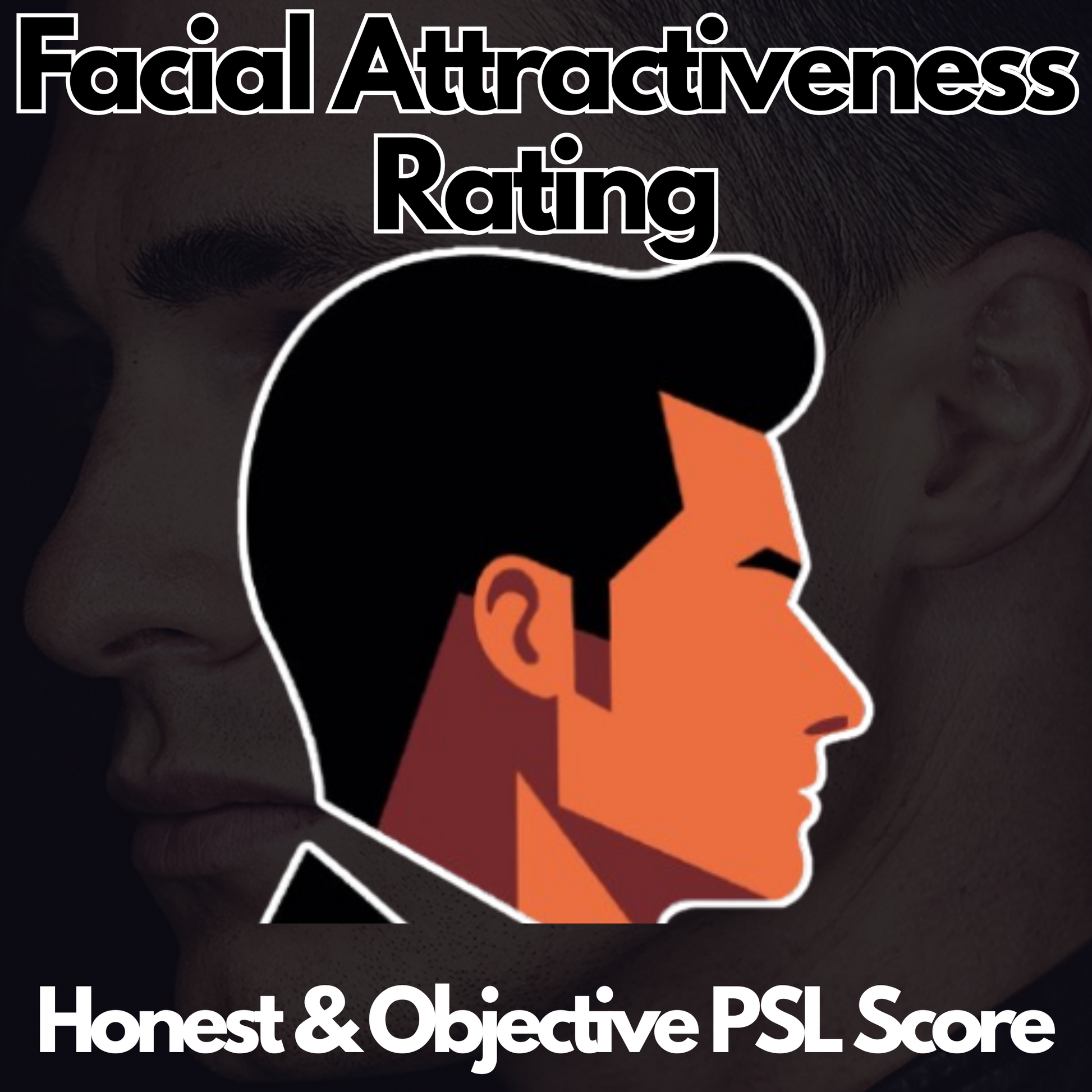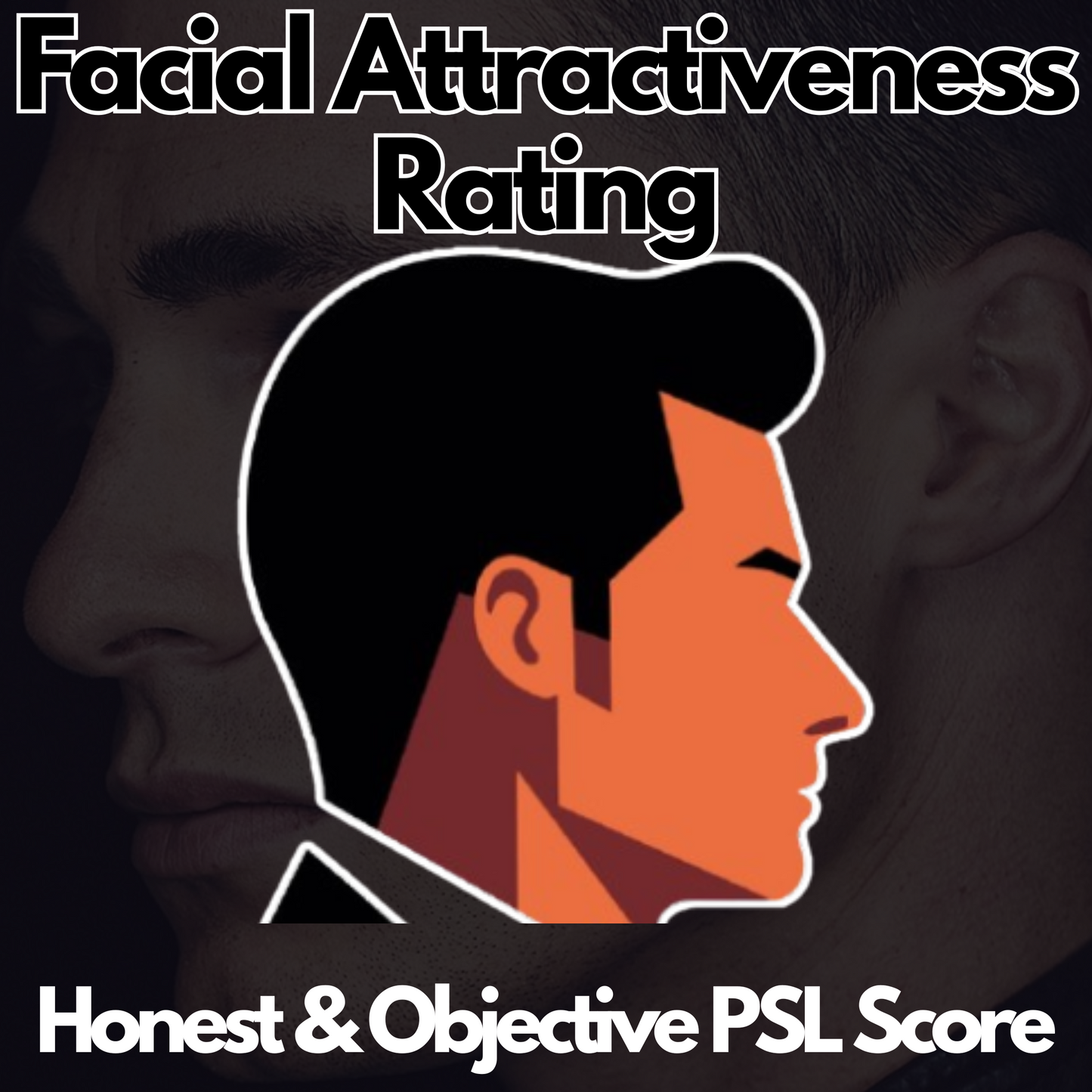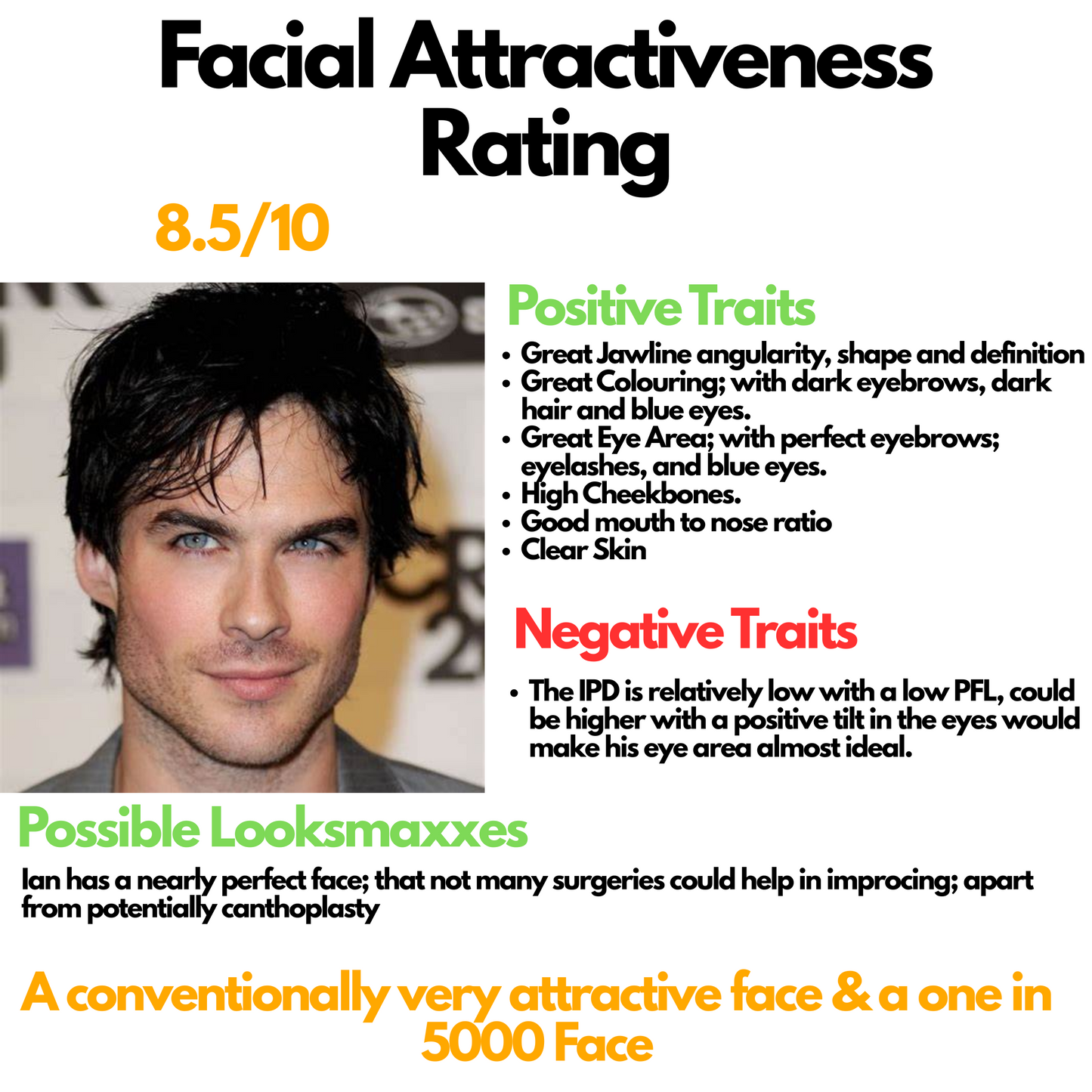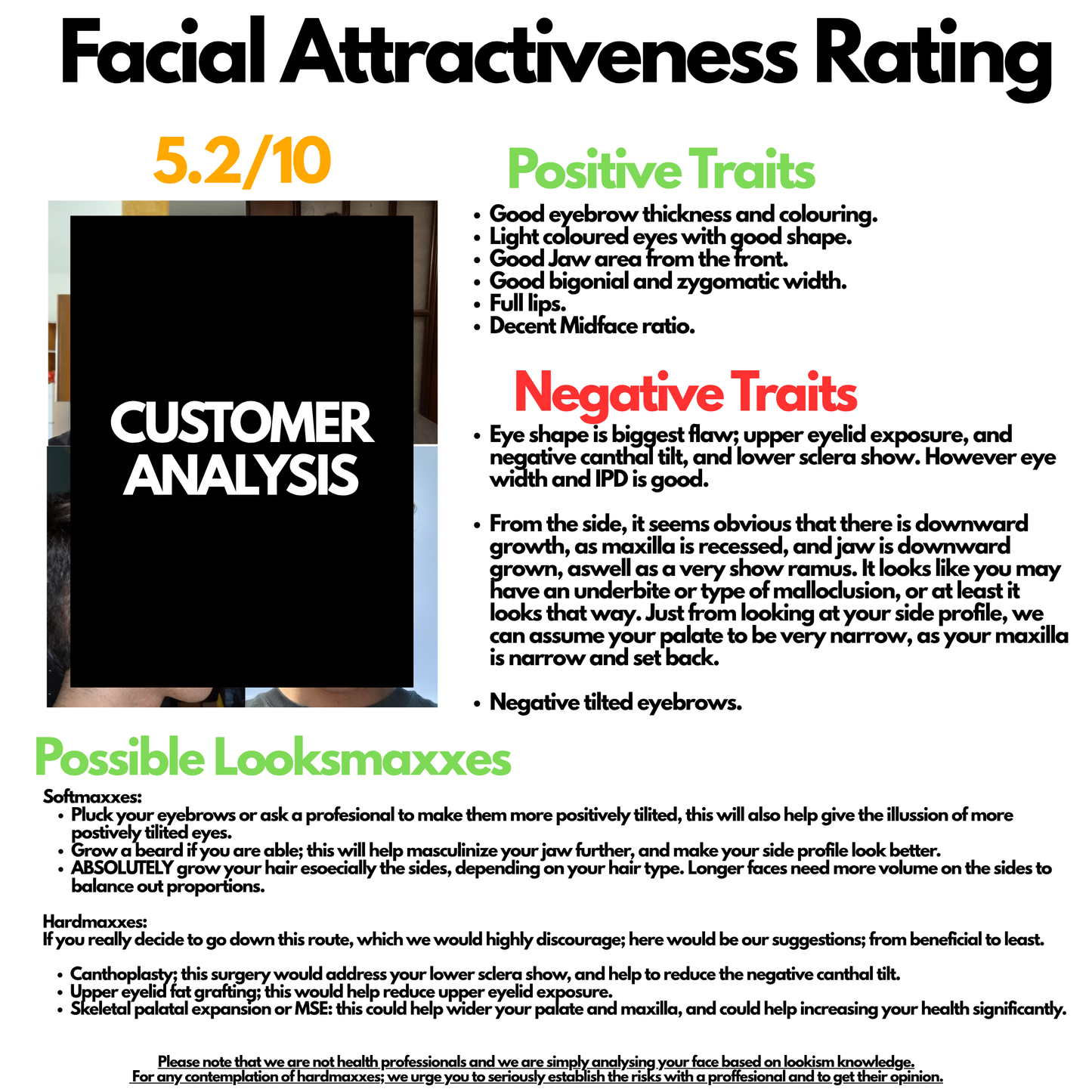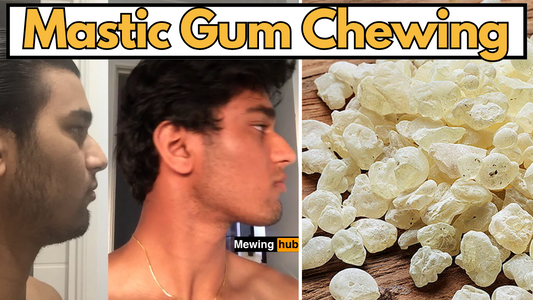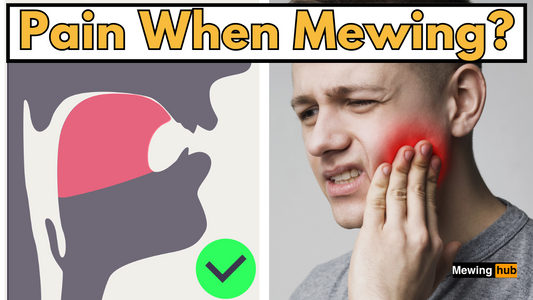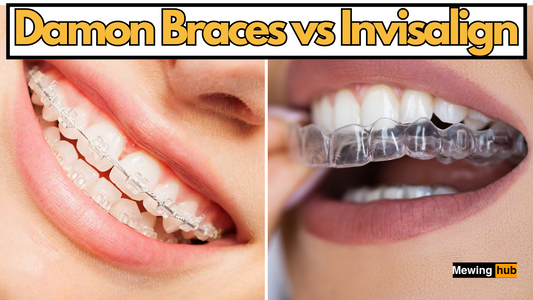Why Does Hair Get Lighter in the Sun? The Science Behind Natural Highlights
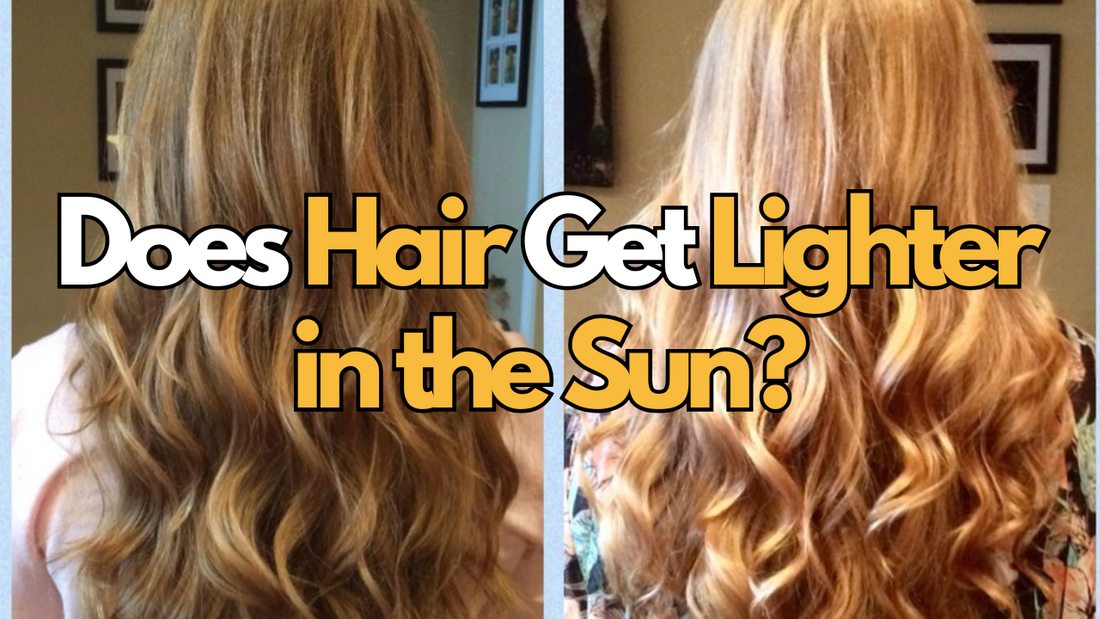
Deel
Have you ever wondered why your hair seems to develop natural highlights after spending time outdoors?
The phenomenon of hair getting lighter in the sun is a common experience for many, but the science behind it is fascinating.
In this comprehensive guide, we'll explore why hair gets lighter in the sun, how it affects different hair colors, and what you can do to protect or enhance this natural lightening process.
The Science Behind Sun-Lightened Hair
To understand why hair gets lighter in the sun, we need to delve into the structure of hair and how it interacts with sunlight:
-
Hair Structure: Hair is composed of a protein called keratin, which contains pigments that give it its natural color.
-
Melanin: The primary pigment in hair is melanin, which comes in two forms: eumelanin (brown and black pigments) and pheomelanin (red and yellow pigments).
-
UV Radiation: When hair is exposed to sunlight, it's bombarded with ultraviolet (UV) radiation.
-
Oxidation Process: UV rays cause a photochemical reaction that breaks down the melanin in hair, leading to a lightening effect.
Why Does My Hair Get Lighter in the Sun?
The main reason your hair gets lighter in the sun is due to the oxidation of melanin. This process is similar to how peroxide bleaches hair, but it occurs naturally through sun exposure.

Here's a closer look at why this happens:
-
UV-A and UV-B Rays: Both types of UV rays contribute to hair lightening, with UV-B being primarily responsible for breaking down melanin.
-
Melanin Degradation: As melanin breaks down, it loses its color-giving properties, resulting in a lighter appearance.
-
Cuticle Damage: Sun exposure can also damage the hair's protective cuticle layer, making it more porous and susceptible to lightening.
Does the Sun Lighten Your Hair Permanently?
While the sun does lighten your hair, the effect is not permanent. Here's why:
-
New Growth: As your hair grows, new pigmented strands will replace the lightened ones.
-
Fading Effect: The lightened color may gradually fade as the damaged melanin is replaced by new pigments.
-
Seasonal Changes: You might notice your hair getting darker in winter when there's less sun exposure.
How Different Hair Colors React to Sun Exposure

The effect of sun exposure varies depending on your natural hair color:
Why Does Blonde Hair Get Lighter in the Sun?
Blonde hair tends to lighten more noticeably in the sun because:
-
Less Melanin: Blonde hair contains less melanin, making it more susceptible to UV-induced oxidation.
-
Visible Changes: The lightening effect is more apparent on lighter hair colors.
Brunette and Black Hair
Darker hair colors also lighten in the sun, but the effect may be subtler:
-
Higher Melanin Content: More melanin means more protection against UV rays, but also more pigment to break down.
-
Reddish Tones: Sun exposure often brings out reddish or golden undertones in dark hair.
Red Hair
Red hair reacts uniquely to sun exposure:
-
Pheomelanin: Red hair contains more pheomelanin, which is more resistant to UV breakdown.
-
Fading Effect: Instead of lightening, red hair may appear to fade or become more golden in the sun.
Lightening Hair in Sun: Natural Methods

To boost the sun's lightening effect:
-
Lemon Juice: Applying lemon juice before sun exposure can accelerate the lightening process.
-
Salt Water: Swimming in the ocean can enhance sun-induced lightening due to the salt content.
-
Leave-In Conditioners: Some products are designed to amplify the sun's lightening effect while protecting hair.
Bleach Hair in Sun: Cautions and Considerations
While it's tempting to use the sun as a natural hair lightener, be cautious:
-
Damage Risk: Excessive sun exposure can lead to dry, brittle hair and scalp damage.
-
Uneven Results: Natural lightening can result in patchy or uneven color.
-
Long-Term Effects: Repeated sun exposure without protection can lead to long-term hair damage.
Protecting Your Hair from Sun Damage
If you're concerned about your hair getting too light in the sun or want to prevent damage, consider these tips:
-
Use UV-Protective Hair Products: Look for leave-in conditioners or sprays with UV filters.
-
Wear a Hat: Physical protection is the most effective way to prevent sun-induced lightening.
-
Limit Exposure: Try to avoid prolonged sun exposure during peak UV hours (usually 10 am to 4 pm).
-
Deep Condition: Regular deep conditioning treatments can help maintain hair health and color.
Conclusion: Embracing Your Sun-Kissed Locks
Understanding why hair gets lighter in the sun allows you to make informed decisions about your hair care routine. Whether you're looking to enhance those natural highlights or protect your color, knowing the science behind this phenomenon is key. Remember, while sun-lightened hair can be beautiful, it's essential to balance the desire for lighter locks with proper hair care and protection.
By embracing the natural lightening process while taking steps to maintain hair health, you can enjoy those sun-kissed highlights without compromising the integrity of your hair. So, the next time you're out enjoying the sunshine, you'll know exactly why your hair is developing those beautiful, natural highlights.

